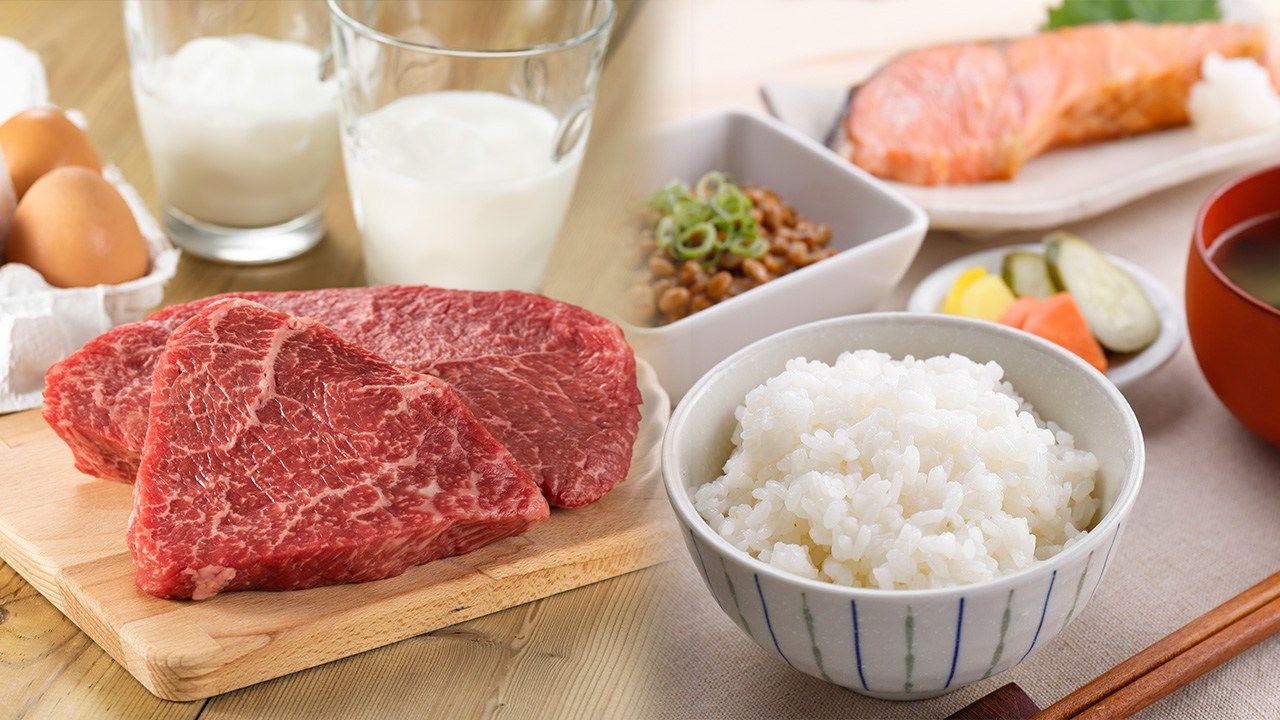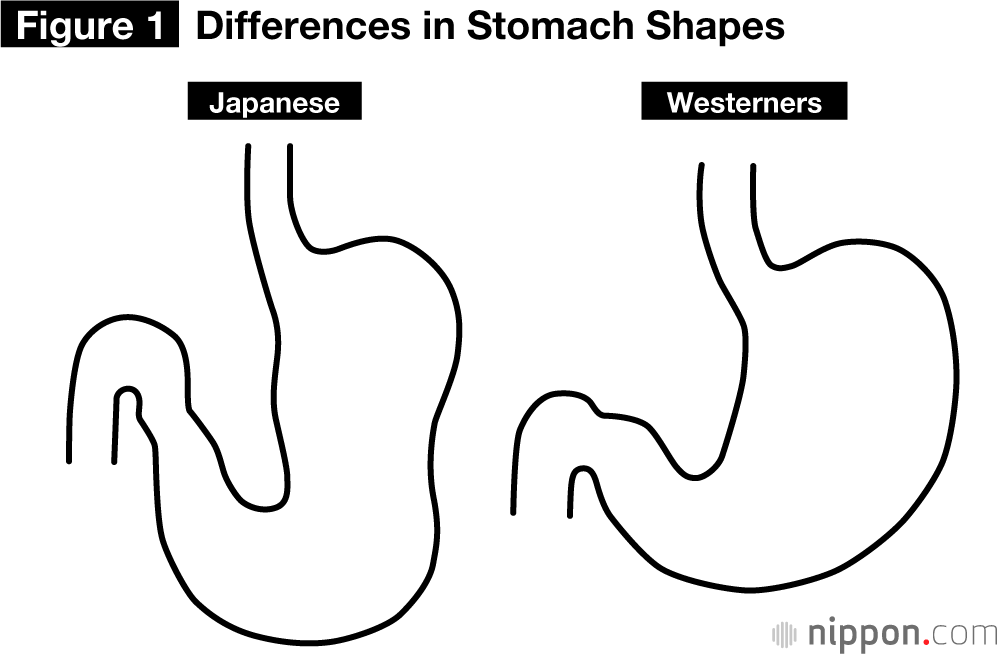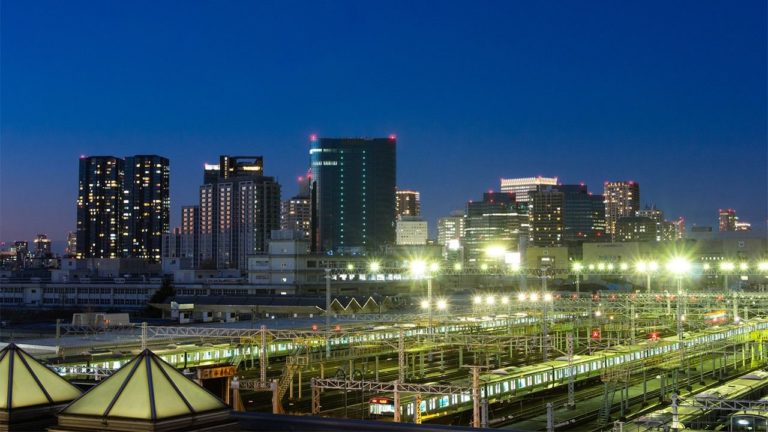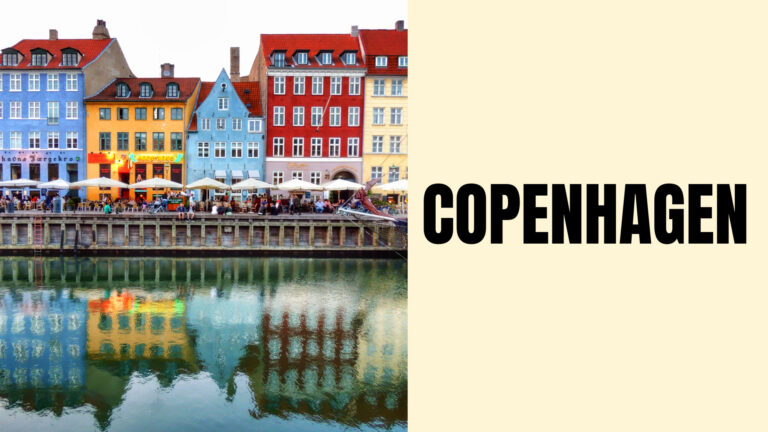
1. When it comes to healthy eating, one size does not fit all. Japanese cooking, with its emphasis on rice, fish, and vegetables, may not be the best diet for everyone, but it is marvelously suited to the physiology of the Japanese, writes physician and writer Okuda Masako.
2. The popularity of Japanese cuisine has soared in recent decades, and one reason is undoubtedly its healthful image. The average lifespan of the Japanese people climbed rapidly after World War II.
3. By around 1980, Japan had the highest life expectancy of any country in the world, and it still ranks near the top. (The world’s oldest living person is also a Japanese woman.)
4. Amid a slew of investigations into the secrets of Japanese longevity, attention quickly centered on the benefits of washoku, traditional Japanese cooking.
Clear Arteries(動脈), Healthy Gut
5. In terms of health and long life, the biggest physiological factor the Japanese have going for them is a low risk of atherosclerosis(アテローム動脈硬化症).
6. Atherosclerosis occurs when fats and other substances build up along the walls of arteries, restricting or even blocking blood flow.
7. In the brain, such a blockage is known as a cerebral infarction (stroke: 脳梗塞); in the heart, it is called a myocardial infarction (heart attack). The incidence of myocardial infarction in Japan is among the lowest in the world.
8. Scientists believe that both genetics and diet play a role in protecting Japanese arteries. One factor is a high level of “good cholesterol,” or HDL (high-density lipoproteins), in the blood.

The Japanese stomach is adapted to consumption of grain.

https://www.nippon.com/en/japan-topics/c08003/nutrition-and-the-wisdom-of-ethnic-cuisine-a-japanese-doctor%E2%80%99s-perspective.html



